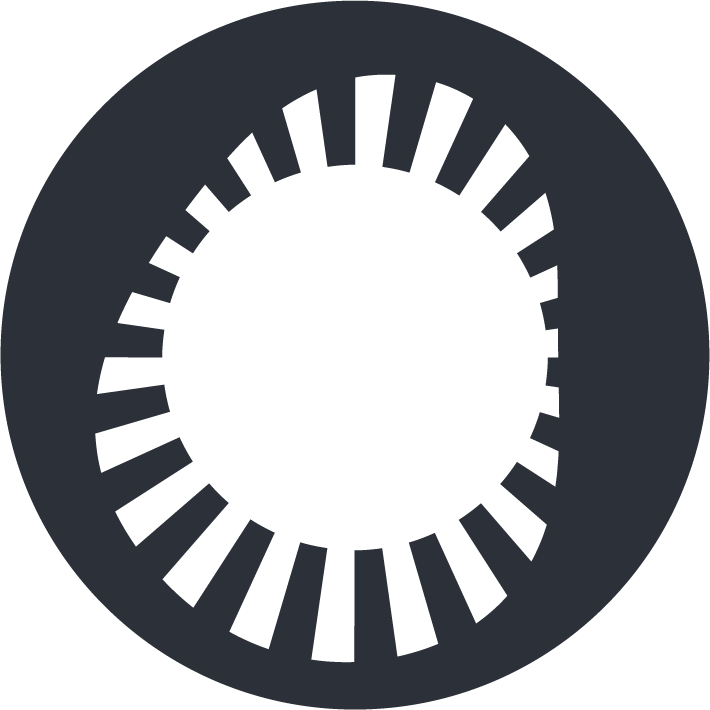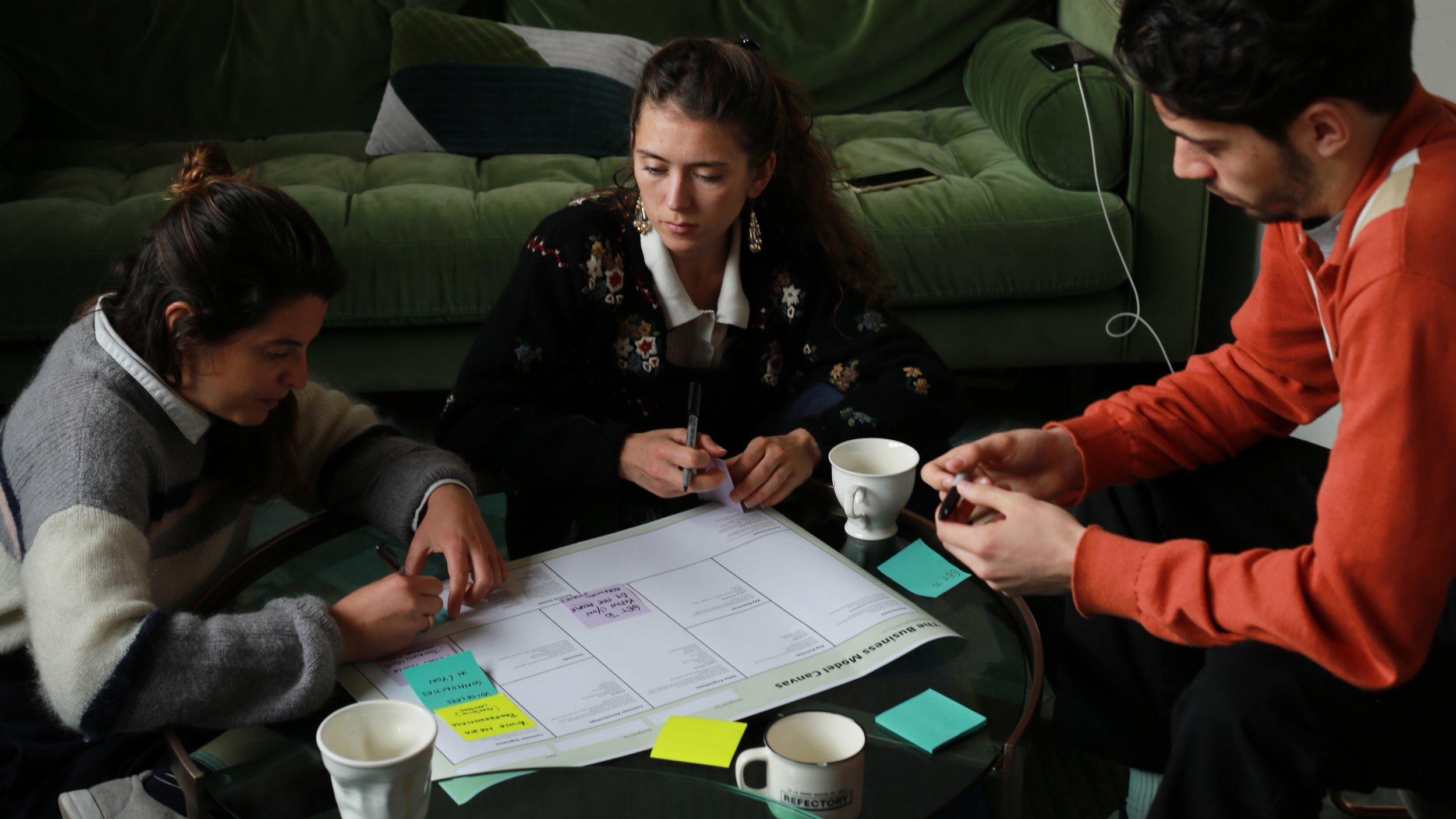Behind the Scenes — The Value of Collaboration
Following on from our last blog post, which focused on mentorship — a key step in the development and consolidation of the media hubs The Circle is building across Europe — we delve into yet another core aspect of our project: cross-border collaboration. We talk to The Circle mentor Zahra Salah Uddin, editor at Unbias the News and community manager at Hostwriter. She focuses on enabling collaborations between journalists around the world to tell impactful stories.
“Ever since we started the Circle project, all of us partners felt that a certain aspect of collaborative effort is missing in media across Europe,” Zahra explains. With media big and small running out of support and scrambling for money, and journalists facing industry uncertainty, collaboration is often not seen as a priority. Yet it’s precisely under such challenging conditions that “collaboration is key,” says Zahra. She continues: “These days, the trend of censorship and self-censorship is rising. According to the RSF World Press Freedom Index: ‘the environment for journalism is “bad” in seven out of ten countries, and satisfactory in only three out of ten.’”
Zarah Salah Uddin speaks about cross-border journalism during the Tbilisi design sprint.
With dwindling resources and increased threats for journalists and storytellers, important stories risk not being told. “In these difficult times, it is really important to show support to our colleagues and help each other find ways to tell stories mainstream media shies away from, when those brave enough to report certain stories risk being killed or threatened,” Zahra continues.
By collaborating, we can avoid threats and harassment by publishing stories on each other’s news platforms. We can highlight issues we have in common with other countries in order to tell bigger stories about what our governments are doing to tackle these problems. “What can our countries learn from one another, and if not, where can we start?,” Zahra asks. This, she believes, is the way in which we should make use of the concept of “globalisation”: media makers and journalists should join hands “to inform the world about what our communities are dealing with and highlight untold stories.”
Such questions were certainly central to the thinking behind The Circle. The project seeks to bring about new opportunities for cross-border collaboration by decentralising media funding and production and building stronger ties between teams across Europe.
Lyon design sprint participants get to work on their business model canvas.
So far, our teams have set up media hubs in Tbilisi, Porto, Lyon and Vilnius. This autumn, The Circle will travel to Gothenburg, Cluj-Napoca, Naples and Mostar. “While we have been helping media makers in these cities run their own local hubs, the collaboration between these hubs is just as important,” Zahra explains. One way The Circle does this is by organising online “all hubs” meetings, bringing together all the local teams in its network. “It was pretty clear how necessary this collaboration is for our participants to have the space to talk to each other about the problems their media landscape is currently facing,” Zahra continues, “and topics for future collaborative stories they can do together to create a bigger impact through their hubs.”
Although mentorship is over for several of The Circle’s local teams, the conversation doesn’t end there. Through frequent online calls and training sessions, hub members can talk about their experiences and learn from each other as well as from media professionals in The Circle’s network. Grant opportunities and resources with a focus on cross-border collaboration are shared and an event is in the works in which The Circle teams from Tbilisi, Porto, Vilnius, Lyon, Cluj, Naples, Gothenburg and Mostar will meet under one roof and take part in workshops and discussions.
Hub members, too, value cross-border collaboration highly. “Having the opportunity to spread an independent and crossborders network is a way to make bridges for investigations that could make sense around Europe,” says Deborah Ozil of the Lyon hub. “We’ll also be able to build solidarity between independent media and projects. It’s a very exciting part of the project to go through.”
This post was adapted from The Circle’s August newsletter. To stay up to date and receive highlights and opportunities from The Circle’s network straight in your inbox, sign up for our monthly newsletter here.



